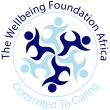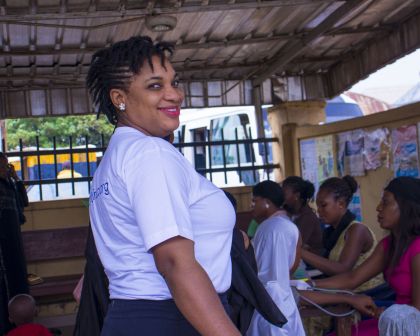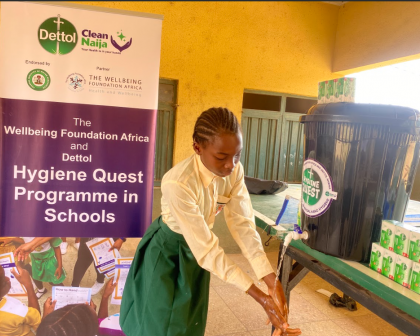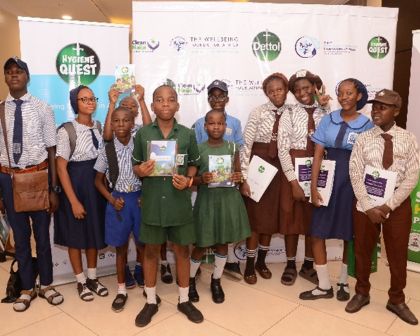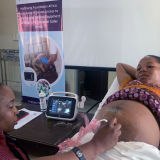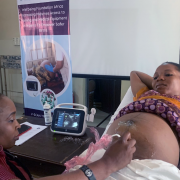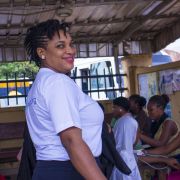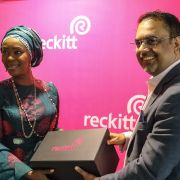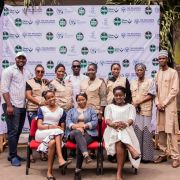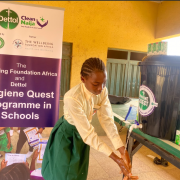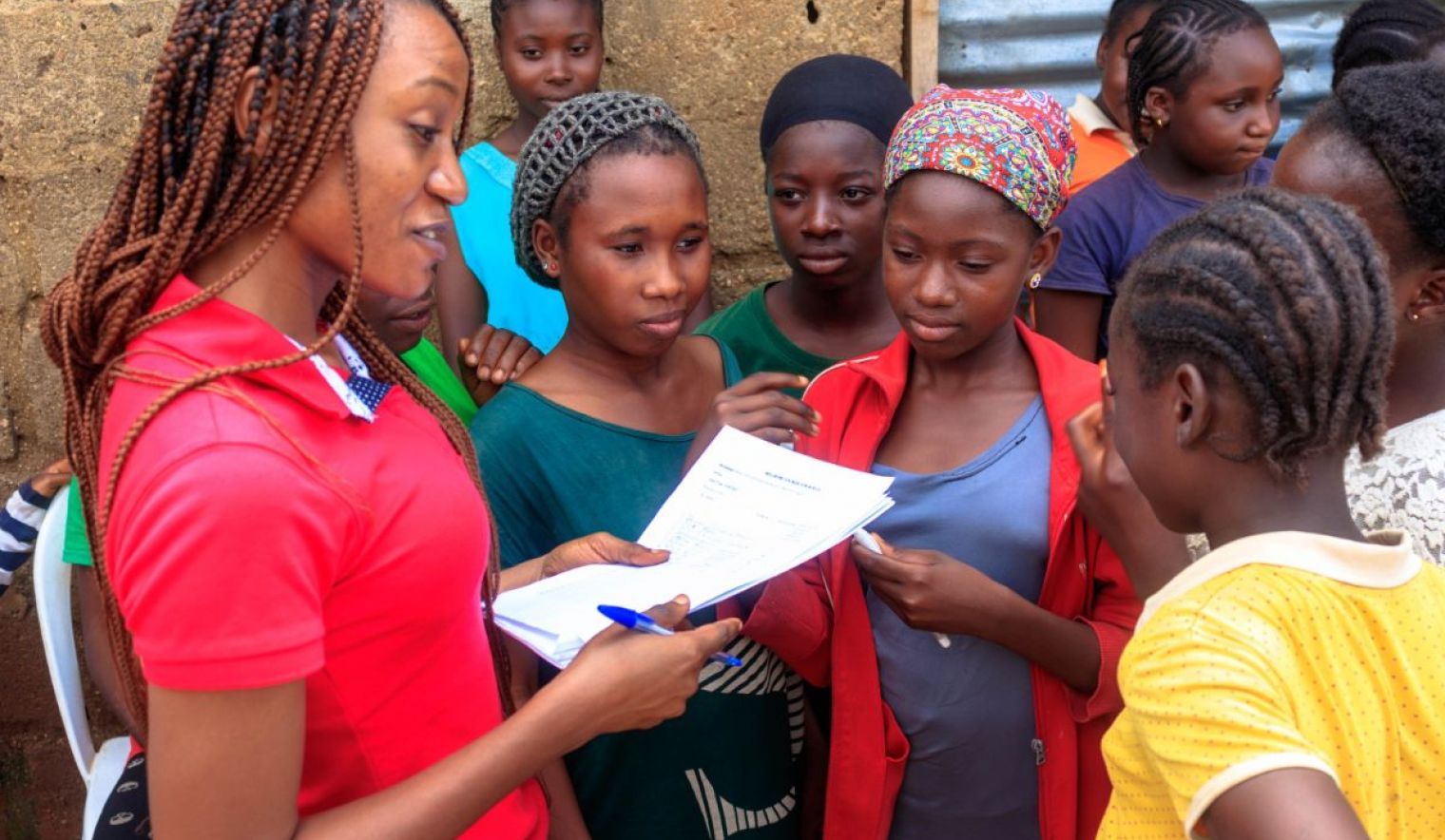
INTERNATIONAL DAY OF THE GIRL CHILD: MY VOICE, OUR EQUAL FUTURE.
Since 2012, October 11 every year has been marked to create awareness for the rights of the Girl Child worldwide. The blueprint for this observational day can be traced back to the Beijing Declaration and Platform for Action adopted in 1995. This year’s theme: “My voice, our equal future” aims to reimagine a better world inspired and led by adolescent girls to ensure equality across all sectors.
Before taking a forward look at what lies ahead for the girl child, it is expedient to have a retrospective look at the progress made in the past 25 years, what has been achieved and what needs to be done to expedite the achievement of set goals. The United Nation Children Fund (UNICEF) put out a report with details of the achievements in the past 25 years, and to a large extent, we can say we have made significant progress, but we cannot deny the fact that the gains have been uneven, especially in developing nations which still lag in ensuring gender equality.

Statistics show that 1 in 5 girls is still subjected to early child marriage, 140,000 girls between the ages of 10 and 19 of New HIV infections, 1 in 4 girls between the ages of 15 and 19 are neither employed nor in education or training compared to 1 in 10 boys, 1 in 20 girls between the ages of 15 and 19, around 13 million globally have experienced forced sex in their lifetime, 132 million girls are out of school, and each year, over 4 million girls are at risk of female genital mutilation.
The majority of these girls are in developing nations, and this calls for expanded reach of all efforts targeted towards empowerment of the girl child, to evenly distribute the gains of gender equality globally. Policies that favour gender equality must be implemented, and there must be a drastic engagement of stakeholders across different sectors, including traditional and religious leaders to strengthen all advocacy efforts toward dispelling norms that put girls below the ladder of achievement and access to opportunities in comparison to boys.
We must be sincere in our approach to curbing the threats to gender equality, and provide the enabling environment for the girl child to thrive and attain her full potentials. Empowering the girl child is a silver bullet to alleviating poverty, eradicating female genital mutilation, tackling the problem of poor hygiene and malnutrition, reducing maternal and child mortality, putting a stop to domestic abuse, rape, and the list goes on. We cannot overemphasize its benefits to national development, and it is pivotal to achieving other Sustainable Development Goals (SGDs).
At the Wellbeing Foundation Africa (WBFA), SDG 5 (Gender Equality) is well enshrined in our programmes, through our midwives who are our interlocutors in reaching out to mothers, girls and the general public, we ensure that the rights of the girl child are upheld. To further expand our reach, we just launched a Community-Based Adolescent Programme (CoBA) this October, targeted at empowering the girl child, and help her deal with challenges in the society that can hamper her development. This new programme builds on our achievements with our Adolescent PSHE Programme across different schools in the country, and ensures a holistic approach in our advocacy efforts and girls’ empowerment. If we cannot reach the girl child who is out of school through our Adolescent PSHE, we can reach her through our Community-Based Adolescent Programme. Also, when the girl child grows up to become a mother, our Mamacare360 Programme is there to ensure good health for her and her children.

During the launch of our Community-Based Adolescent Programme (CoBA)

During the launch of our Community-Based Adolescent Programme (CoBA)
Taking a historical dive into our advocacy efforts to protect the rights of the girl child, WBFA has been at the forefront both nationally and globally. WBFA advocated for the domestication and implementation of Child Rights legislation through the Kwara State Child Rights Law of 2007, strategic partnership with NAPTIP to strengthen anti-trafficking protocols, and the establishment of a framework to deliver universal health coverage through the Kwara State Community Health Insurance Scheme , of which 458 were teenage girls.
In 2010, WBFA, UNICEF and the Kwara State Government convened and hosted Nigeria's First National Child Rights Conference and the results went deeper than benefits to education, health and societal wellbeing, earning Kwara State the UNICEF accolade of being "fit for a child" as the first of Nigeria's 19 northern states to reach this ambitious standard. The partnership was also able to bring all 36 state governments to the table, successfully drawing commitments which included the setting up of the Child Rights Implementation Committee's CRIC's and The Child Protection Network CPN - a multi-state network of all 36 states.
Nationally, WBFA gave voice, effort and resources to the successful passage of the Violence Against Persons Prohibition Law in 2015, the rights of women to inheritance, legislation to protect students in tertiary institutions from sexual harassment, and raising an evidenced body of analysis to challenge a perplexing constitutional amendment aimed at treating a married minor as an adult for renunciation of citizenship.
On a global scale, WBFA has been one of the leading organisations driving the Girl Declaration. As early as 2011, WBFA arrived on the world stage as a partner and leader of Every Woman Every Child (EWEC). For five years, (between 2007 – 2012), WBFA chaired the International Federation of Women Lawyers (FIDA)’s International Child Rights Implementation Committee. This culminated in WBFA and FIDA Intl hosting FIDA Intl’s Child Rights Legislation Implementation Conference in Lagos. The Foundation remained a full supporter of FIDA at all their international advocacy during the period.
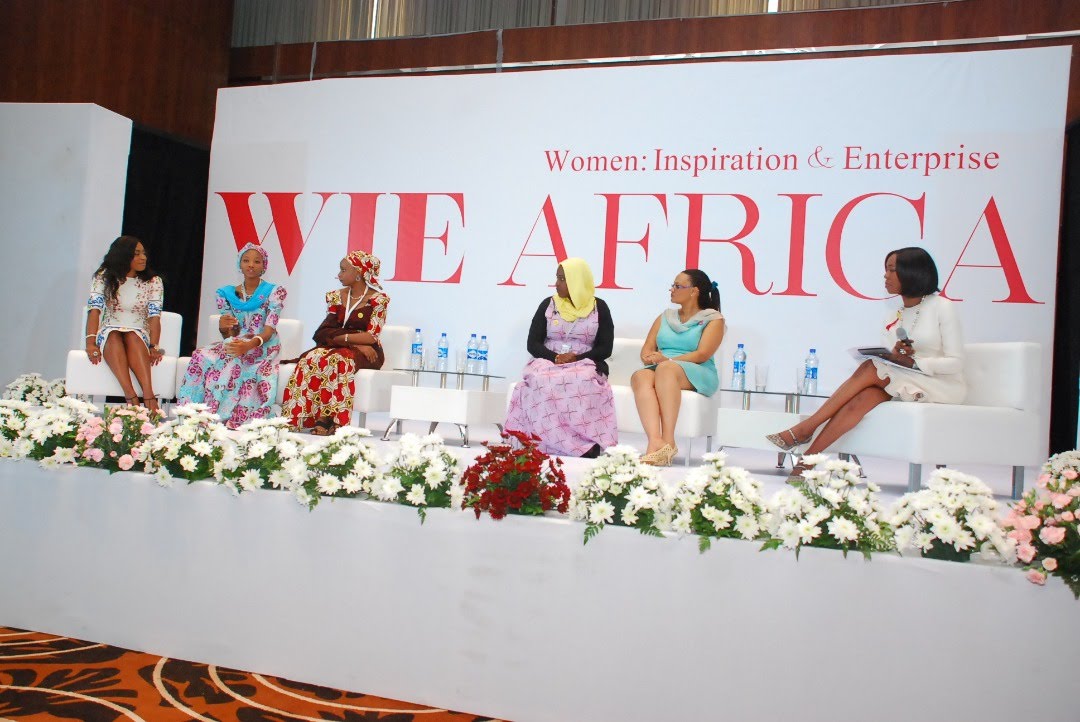
WBFA and Nike foundation girl effect - girl declaration panel at wie Africa Lagos.
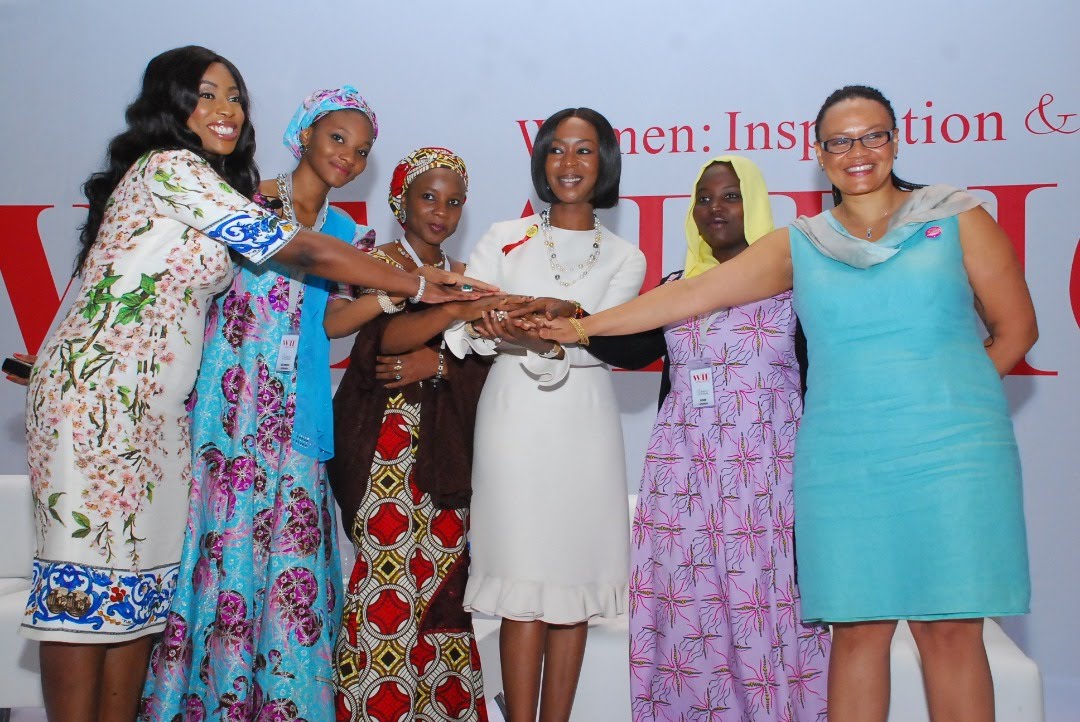
WBFA and Nike foundation girl effect - girl declaration panel at wie Africa Lagos.
In 2013, WBFA, serving as an EWEC Partner leading EWEC Advocacy for Nigeria (and Africa), partnered with the UN Foundation, Nike Foundation, Girl Effect, and 25 other partners including the International Women’s Health Coalition, to launch the Girl Declaration. This strong display of partnership saw Girl Effect attend the WBFA’s Women Inspiration and Enterprise (WIE) Africa conference in Lagos State that same year. Following the declaration in 2013, and WBFA’s pioneer partner status, the foundation hosted the Girl Declaration Panel at her WIE Africa conference in Lagos the following year, paving the way for CNN International’s correspondent Isha Sesay to visit Chibok (the scene of the abduction of 276 girls from their secondary school by extremists).
WBFA remains passionately and unrelentingly committed to the rights of the girl child, her empowerment and equal rights in accessing opportunities at all levels. Issues that borders her cannot be neglected or addressed with lip service, she deserves to be treated equally as the male child, and every practice that undermines this fact must be eschewed. We starve the world of great potentials when we do not create this balance.
Share this Article
